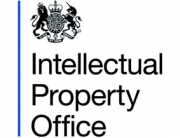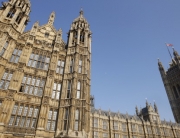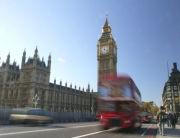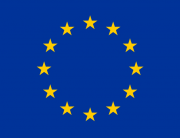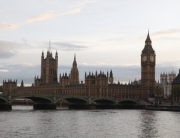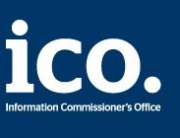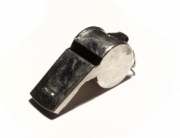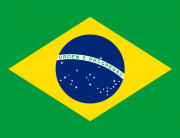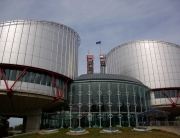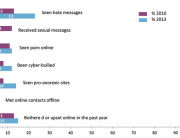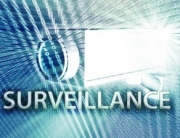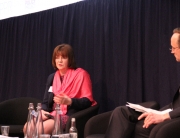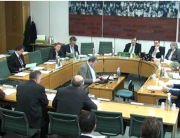In a report published today, the House of Lords Communications Committee said there are already laws in place to prosecute criminal offences committed over social media, including the Communications Act 2003 and the Protection from Harassment Act 1997. The House of Lords concluded that in conjunction with the Guidelines for applying these laws to online offences, published by the Director of Public Prosecutions (DPP), these laws are sufficient for prosecuting these crimes.
The Committee is calling for further clarity from the DPP to determine when an indecent communication is subject to prosecution under existing law. It is also encouraging website operators to speed up requests for identification of users to help law enforcement agencies. Finally, the Committee is also seeking better statistics on offences committed online and offline, in addition to the number of offences that are actually reported.
Lord Best, Chairman of the Committee said:
Cyber bullying, revenge porn, trolling and virtual mobbing are new phrases in our media vocabulary, but they generally describe behaviour that is already criminal. Although anonymity has a valuable place when using social media – enabling human rights workers and journalists working in conflict areas to communicate with the outside world, for example – its negative effects when used as a shield for offenders to hide behind should be addressed.
We need to be careful: we need to balance people’s right to freedom of expression with implementing the criminal law, whether the offences are committed online or off-line. It’s a complex subject, but we feel that legislation as it currently exists is generally fit for purpose and doing the job, even though it was drafted before the social media were first invented.


